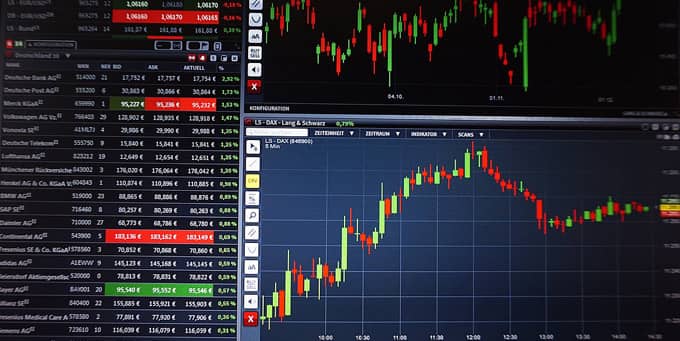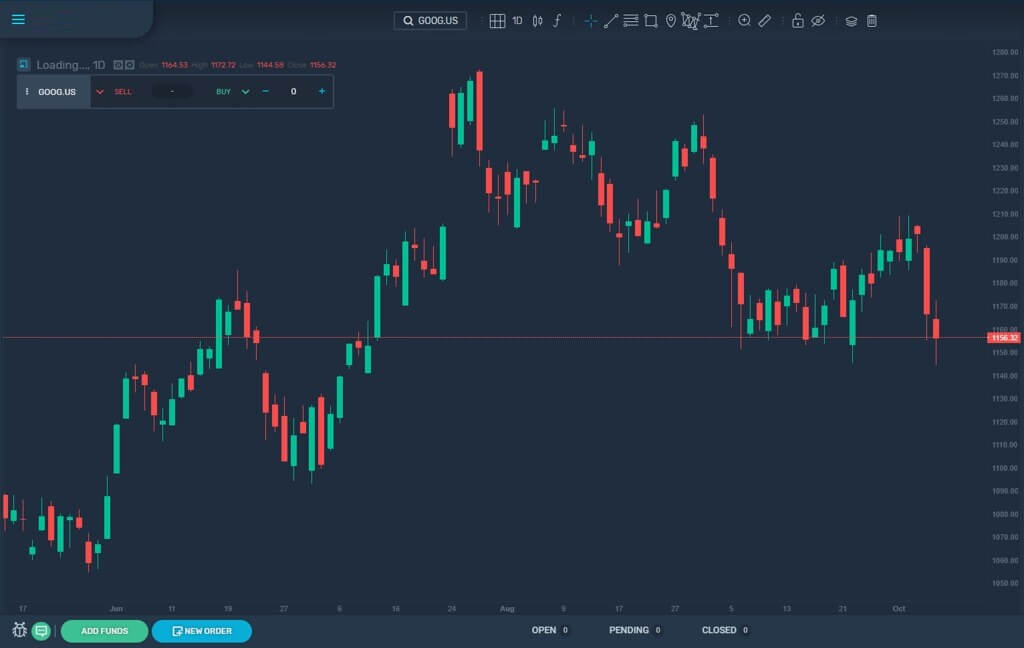Understanding CFDs: Key Concepts for New Traders
Understanding CFDs: Key Concepts for New Traders
Blog Article
Contract for Huge difference (CFD) trading has surfaced as one of typically the most popular types of on line trading, getting a wide range of investors. cfds allow traders to suppose on the purchase price activities of numerous financial tools without buying the main asset. This mobility has produced CFD trading a sought-after technique for both new and skilled traders. Here's a thorough summary of the advantages of trading CFDs:
1. Use of a Varied Range of Areas
Among the essential benefits of CFD trading is the ability to accessibility a number of financial markets, including shares, commodities, indices, and forex. Traders usually takes roles in global markets easily, allowing them to diversify their portfolios. The wide variety of markets means that traders have more opportunities to capitalize on cost actions in different asset classes.

2. Flexible Control Choices
CFD trading offers flexible power, enabling traders to control a larger place with a smaller initial investment. This means that even with a lesser amount of of capital, traders can take advantage of cost changes in the market. However, it's crucial to note that control bears both options and dangers, therefore traders must utilize it reliably and understand their influence on the positions.
3. Profit from Increasing and Falling Markets
Unlike standard trading, wherever profits are manufactured only once asset prices rise, CFD traders can benefit from equally upward and downward price movements. This means that even in bearish market situations, traders may open short positions and perhaps create a profit. The capability to trade equally long and small positions allows traders higher freedom inside their techniques and allows them to conform to changing industry conditions.
4. No Ownership of Main Resources
CFD trading enables traders to speculate on the price activities of an asset without actually owning the advantage itself. This means that traders do not have to be concerned about the logistics of owning and storing bodily commodities, such as gold or oil. It simplifies the trading method and reduces the costs associated with advantage ownership.
5. Minimal Deal Fees
In comparison to standard types of trading, CFD trading typically includes lower transaction costs. There are an average of number commissions to pay for when getting or selling CFDs, and spreads are often narrower. This price effectiveness could be particularly good for effective traders who perform numerous trades throughout the day.

6. Usage of Advanced Trading Resources
CFD brokers often provide traders with advanced methods and tools for evaluation, including real-time charting computer software, risk administration tools, and automated trading systems. These methods can
Conclusion
CFD trading offers many advantages for traders, including use of a wide selection of areas, variable influence, the ability to income in both increasing and falling areas, and the absence of control requirements. With decrease transaction costs and the option of advanced trading resources, CFD trading can be a effective tool for anyone trying to diversify their portfolios and explore new expense opportunities. But, like any form of trading, it's essential for traders to know the risks and use these benefits responsibly to increase their prospect of success. Report this page